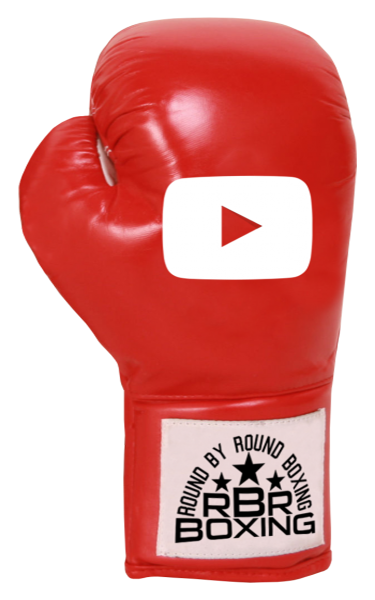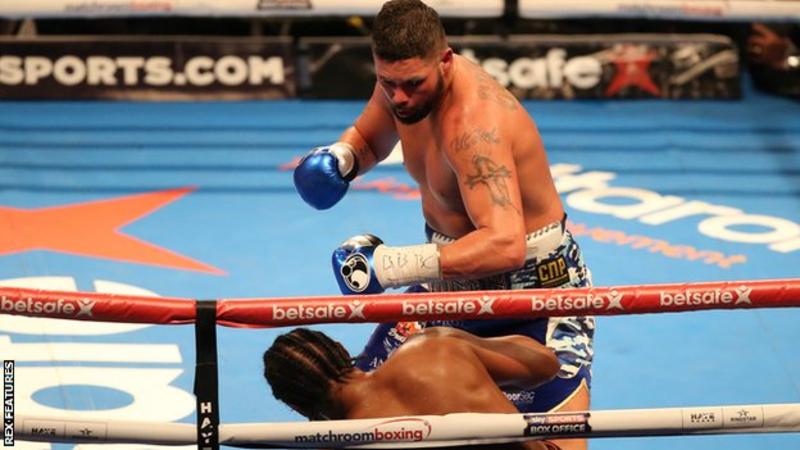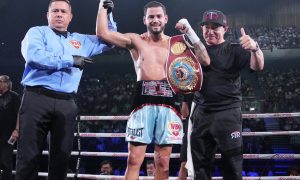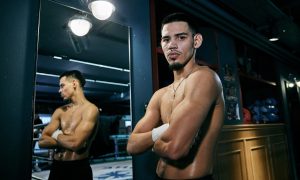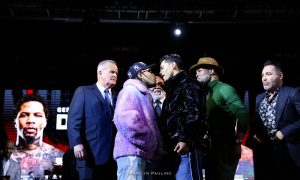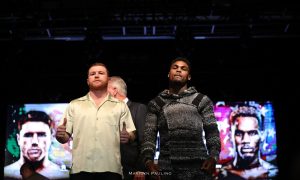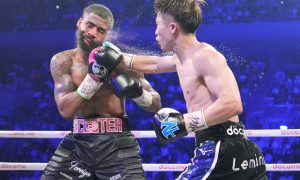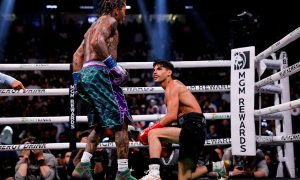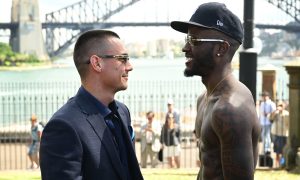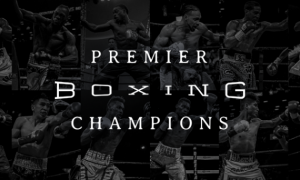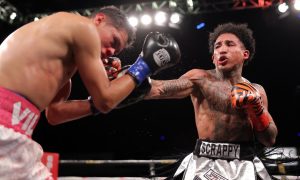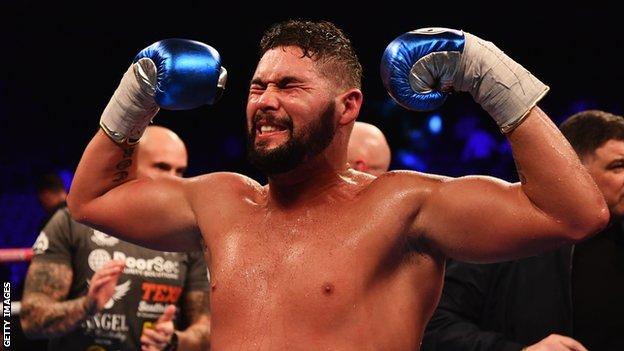
Photo by Getty Images
On Saturday, March 4, WBC Cruiserweight champion Tony Bellew (29-2-1, 19 KOs) earned, arguably, the biggest win of his career, by claiming an 11th round stoppage over former Cruiserweight and Heavyweight champion, David Haye (28-3, 26 KOs).
In front of a sold-out crowd, at The O2 Arena, London, the consensus was that Haye, the heavier man and harder hitter, as evidenced by 26 of his 28 wins coming by knockout, was going to end the fight early. Furthermore, Bellew’s punch resistance was questioned, having suffered a knockout defeat previously at Light Heavyweight to WBC champion Adonis Stevenson.
The early rounds of the fight were more tentative than expected, consisting of a mixture of boxing and inside skirmishes. The bad blood was evident immediately, with wild, swinging punches by both fighters on the inside.
Despite the expectancy of Haye having to land cleanly once to end the fight, Bellew showed decent counterpunching skills, and timing, to nullify the danger of Haye’s right hand.
By the fourth round, Haye prioritized the jab, to provide an opening for his right, which landed clean several times on the head of Bellew. However, the Cruiserweight champion seemed unnerved, staying composed and patient, in anticipation of Haye’s offense. Though, what would proceed, from Round 6 onwards, would have never been foreseen.
After an exchange on the inside in Round 6, Bellew hit the floor, though it was denied a knockdown. Thereafter, Haye immediately started to limp, suggesting a leg injury had occurred. As a consequence, Bellew attempted to capitalize, with an onslaught of punches hitting Haye, who was slowly losing his balance.
Eventually, the pressure would cause Haye to fall, though the referee would rule it an illegitimate knockdown. A repeat of events would occur once Haye got to his feet, with Bellew marauding the incapacitated Haye again. This time, a knockdown would be given, though Haye would finish the round hobbling to his corner.
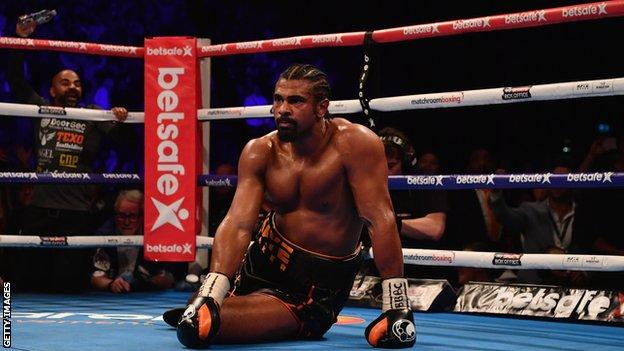
Photo by Getty Images
In Rounds eight to 10, Haye would attempt to cease mobility on his injured leg, and stay near his corner, as per instructions by his trainer, Shane McGuigan.
With Haye being a stationary target, Bellew repeatedly pressured his foe, and occasionally landed clean, though Haye’s head movement would cause Bellew to miss the target. Moreover, Haye had success with his own punches, though the leg injury prevented him from maximizing his power.
Despite the excruciating pain, Haye was showing no signs of backing out. A desperate attempt at compressing his ankle with tape would prove futile, as the customary agility of David Haye was unapparent.
Eventually, in Round 11, after many arduous rounds of survival, Shane McGuigan threw in the towel, saving his fighter from unnecessary punishment and anguish.
After pulling off an upset, in the eyes of many, an emotional Bellew would immediately console Haye, inferring that their animosity had ended, after the rounds they had shared in the ring.
Haye had no excuses, and was gracious in defeat. “I believe I’m more gifted but he had a bigger heart tonight,” said Haye. “He took my best shots, got back up, and put me down. I’ve never been in a fight like that before. He’s the man.”
Bellew was equally as cordial in his post-fight interview, and reaffirmed his desire to do a rematch.
“I have got so much respect for David as a fighter,” said the WBC Cruiserweight champion. “We can do it again.”
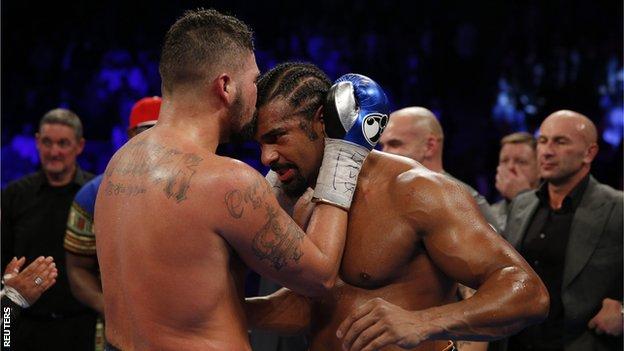
Photo by Reuters
What happens in the future, though, remains to be seen. With a mandatory defence looming against the winner of Mairis Briedis and Marco Huck, scheduled for April 1, Bellew may decide to vacate, in pursuit of more lucrative fights.
Furthermore, the severity of Haye’s injury has not been disclosed, meaning a time frame cannot be established for his return.
Nonetheless, Tony Bellew’s value has risen, and Eddie Hearn will undoubtedly have an abundance of options available, with or without David Haye, when the victor decides to fight again.



